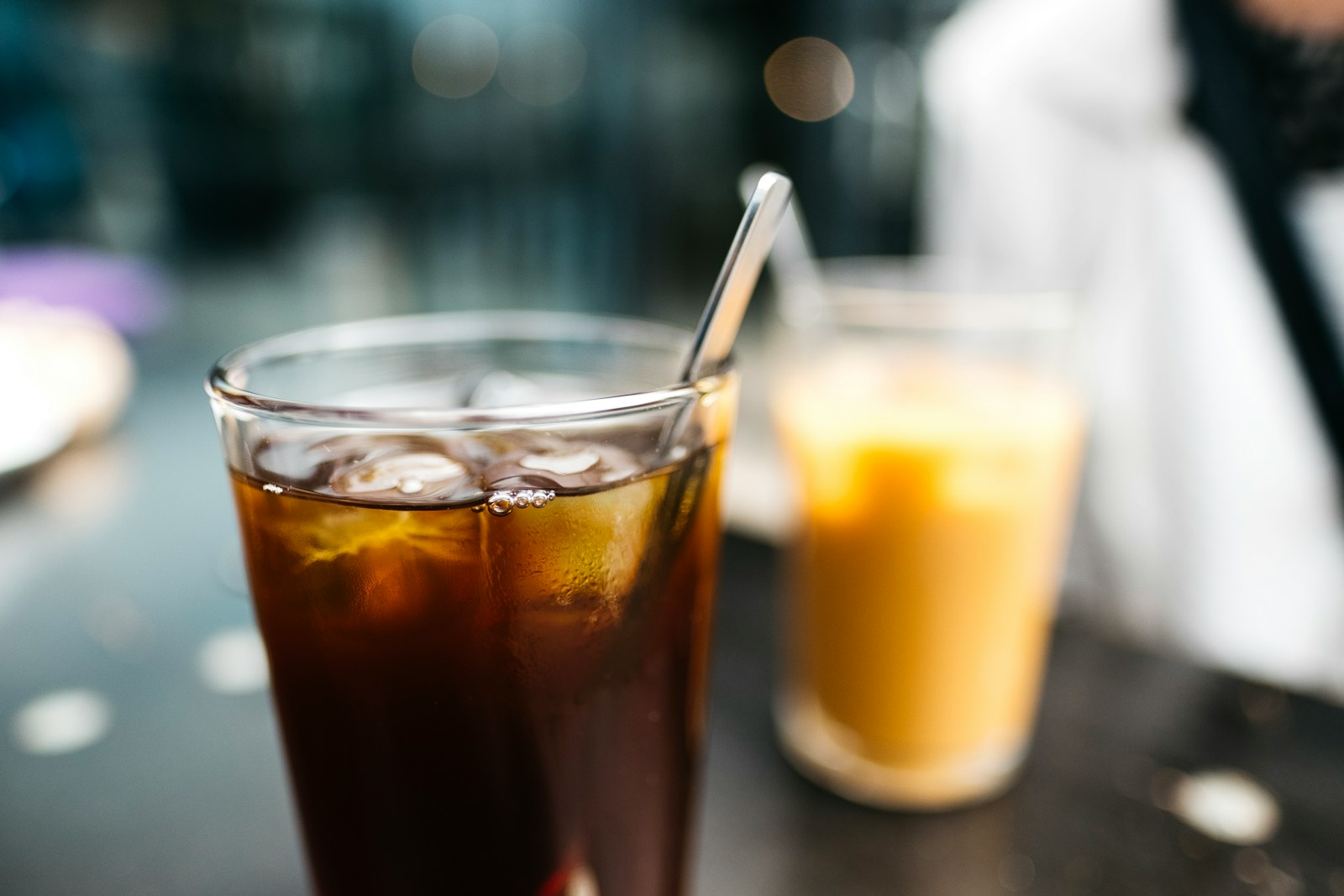Soft drinks, no thank you
Sugar and hypertension do not get along: drinking excessive amounts of sugary drinks can increase the risk of hypertension. This news comes from experts at Imperial College London, who carried out a study using data from over 2500 individuals. According to the study, drinking over 355 ml of soft drinks or fruit juice containing sugar daily is linked to an increase in blood pressure. Paul Elliot, author of the study, claims that high levels of sugar in the blood could damage blood vessels and affect the levels of salt in the organism. He claims that while people are aware of the effect of salt on blood pressure and cardiovascular health, it is important to make them aware of the importance of a reduction in sugar consumption.
The American Heart Association recommends drinking no more than 355 ml of sugary drinks per week.
Sweet drinks are associated with an increased risk of hypertension. This is one of the conclusions of the study carried out by Dr. Cohen and his colleagues, who set out to examine the association between sugary drinks and hypertension. For this purpose, they carried out a prospective analysis using Cox proportional hazards regression on three major cohorts: the Nurses’ Health Studies I (88,540 women) and II (97,991 women) and the Health Professionals’ Follow-Up Study (37,360 men). The results showed that a higher consumption of either sugar-sweetened beverages or artificially sweetened beverages was associated with an increased risk of developing hypertension in all three cohorts. A global analysis showed that participants who consumed at least one sweet beverage per day suffered a greater risk of hypertension than those who did not. The connection between sugary drinks and hypertension was also found to be stronger for carbonated drinks, and for cola drinks in the cohorts of the Nurses’ Health Studies I and II. A greater consumption of fructose from sugar-sweetened beverages as a percentage of daily caloric intake was also associated with an increase in risk of hypertension in the cohorts of the Nurses’ Health Studies I and II. On the other hand, increased fructose consumption from other sources was actually associated with a reduction in the risk of hypertension in participants of the Nurses’ Health Studies I and II.
These results highlight the negative impact of the consumption of sweet drinks on blood pressure.
We should therefore keep this relationship in mind, while being particularly weary of carbonated and cola drinks.
Scientific articles below:
- Impact of Sugar-Sweetened Beverages on Blood Pressure (Am J Cardiol. 2014 May 1;113(9):1574-80)
http://www.sciencedirect.com/science/article/pii/S0002914914006390 - Resolved: there is sufficient scientific evidence that decreasing sugar-sweetened beverage consumption will reduce the prevalence of obesity and obesity-related diseases. (Obes Rev. 2013 Aug;14(8):606-19) http://onlinelibrary.wiley.com/doi/10.1111/obr.12040/full
- Sugar-sweetened beverage, sugar intake of individuals, and their blood pressure: international study of macro/micronutrients and blood pressure. (Hypertension. 2011 Apr;57(4):695-701.) http://hyper.ahajournals.org/content/57/4/695.long


